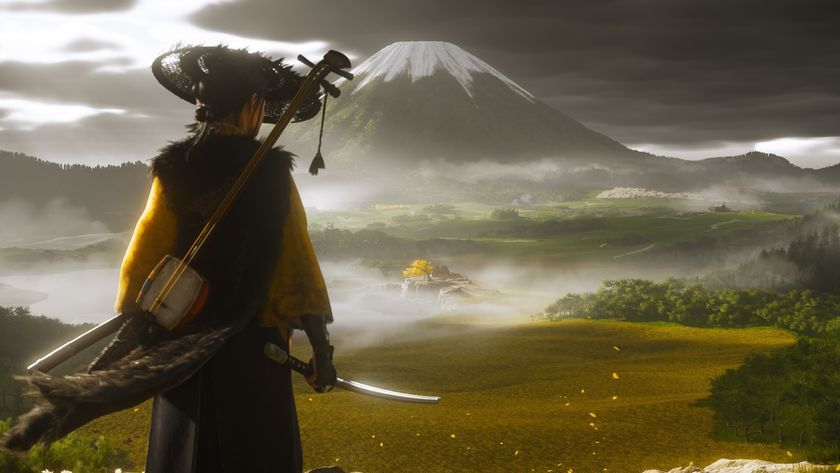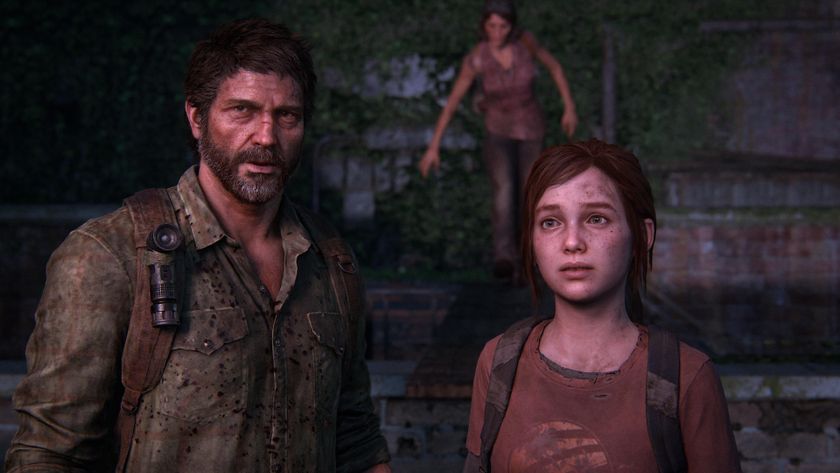All the Write Moves
Why game developers need comic book writers
But is there any cache for a game in employing a well-known comic’s creator? Maybe as a way to appeal to a new audience? Ellis dismisses this instantly. “The size of the games audience, compared to the comic’s audience, makes nonsense of the PR claim. I don’t believe I’ve ever been interviewed by the comic press about my games, so they’re not getting extra publicity out of it.”
Palmiotti happily backs him up. “People that play games don’t give a rat’s turd who is writing it unless it’s someone related directly to the history of the property. The basic consumer likes what he sees on the box then plays and buys the game!”
Joshua Ortega, who moved the other way, from games such as Blue Dragon, Lost Odyssey and Viva Piñata to comics such as the current hit Death Dealer, is more diplomatic.
“I think if you’re courting another fan base, then you would have to be going after talent that could also produce unique and exciting content. The PR part would be an added perk, but it’s the talent that you’re going after first and foremost.”
So how does a comic creator find the job of game creation? Gibbons needed some handholds.
“Although I was able to give them a lot of input, I had to work with people whose main experience was in games so that we could come up with something that was suitable. There are huge differences between writing for comics and doing the same things for games.”
Sign up to the GamesRadar+ Newsletter
Weekly digests, tales from the communities you love, and more
Andy Diggle finds the creative process frustrating. “It’s all six steps forward, five steps back. Plot and character are supposed to come first in most forms of dramatic writing; whereas with games, good gameplay quite rightly takes precedence. So plot and character tend to suffer as a result. You can’t build a solid story if the foundations keep shifting. That which is ‘cool’ or fun to play inevitably triumphs over what works best story-wise.”
But are there any specific storytelling skills from the comics medium that can be transferred directly to games. Jenkins gives a straightforward answer. “No.”
“In a comic, in a film, in a novel, you pace things a certain way, you can control the speed at which a reader goes through the material. You can create an emotional cliffhanger, and get people to turn the page. You can even put the book down in bed and catch up later, but it’s very different in a game.
“Take a mission-based game, you solve a piece that advances the story, but then you can choose for your character to go swimming or kick a ball around or go on a side mission for six hours before continuing the main story. That’s the level of choice on offer. There’s no other medium like that.”

Ghost of Yotei will let you cut loose with dual katanas, ōdachi, and more new weapons when it launches this year, PlayStation confirms

Take-Two won't begin marketing GTA 6 until it's closer to release: "The anticipation for this title may be the greatest anticipation I've ever seen for any entertainment property"











